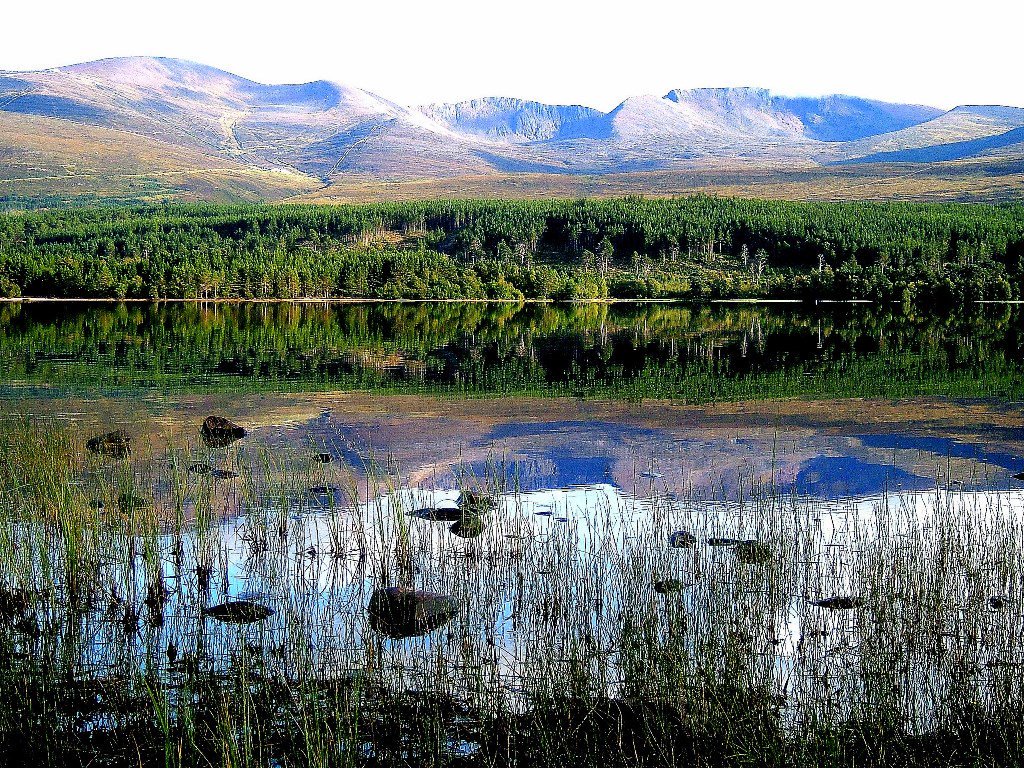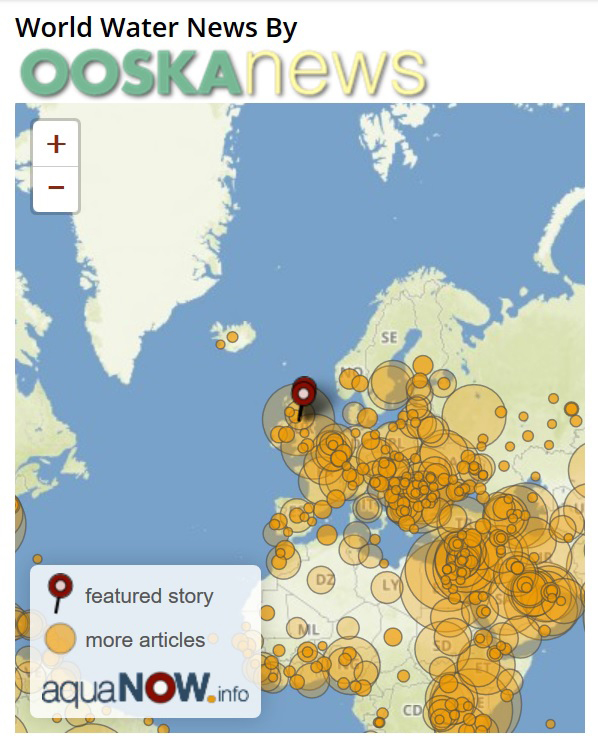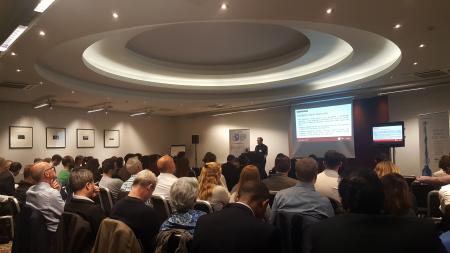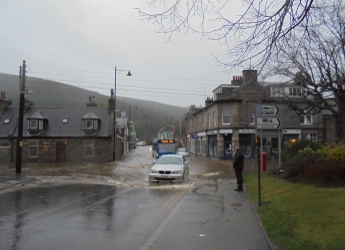
Latest news

The Hydro Nation Scholars Programme is an open competition for project topics and then for PhD Scholars to undertake approved projects, hosted within Scottish universities and research institutes.
The 2021 call for project proposals, based on advertised topics, is now open!
The topic themes for the 2021 call are:
- Water smart cities
- Integrated land and water management
- Digital water
- Water and the circular economy
- Wildcard – interdisciplinary innovation.
Please see full details and project proposal application form here.
Professor Bob Ferrier, Director of Scotland's Hydro Nation International Centre at the James Hutton Institute, has appeared in OOSKAnews' latest aquaNOW Audience to discuss how HNIC is aiming to bring together a critical mass of the Scottish water research community to focus on developing talent, promoting innovation, supporting expertise and maximising outcomes that can be applied in any global context.
In conversation with David Duncan, publisher of OOSKAnews, Professor Ferrier describes the rationale of the Scottish Government's Hydro Nation Programme; the work of the globally-renowned Hutton scientists and HNIC.
Scotland's Hydro Nation vision builds on the recognition that water is of central importance to the economy of Scotland, both as a sector in its own right and as a critical resource in Scotland’s manufacturing, agriculture, food and drink, tourism and energy sectors. The aim of the Hydro Nation initiative is to maximize the value of these resources in every sense, whether that be the contribution they make to the economy, or in how the quality of the country’s water environment contributes to citizens’ overall wellbeing and sense of national identity. This approach to water and climate change is understood to be unique to Scotland.
aquaNOW Audiences are interactive panel discussions, produced by OOSKAnews, engaging international water experts and Scottish expertise in global water-related challenges and solutions, filmed before a live audience and streamed online to a global viewership.
You can watch the session with Prof Ferrier here. For further details on the OOSKAnews aquaNOW Audience series, visit the OOSKAnews website.

On Wed 27 May at 2PM UK time OOSKAnews will host a special live-streamed “aquaNOW Audience”, with the theme "Water and Resilient Cities". AquaNOW Audiences are interactive panel discussions engaging international water experts and Scottish expertise in global water-related challenges and solutions.
The link will become live on the front page of OOSKAnews at 1.45pm UK time. Video footage of the live event will subsequently be uploaded for viewing after the live broadcast, for those who can't tune in on the day.
Speaker and panelist details can be found here.

On World Water Day (22nd March 2019), the Hydro Nation International Centre and Centre of Expertise for Water (CREW) hosted a conference on "Resilience to Drought and Low Flow Conditions in Scotland", an event supported by the Scottish Government. Scientists, engineers, planners and managers shared their observations, experiences, research outcomes, and innovative ideas on building resilience and adapting to low flows and drought conditions from a Scottish perspective. The Short and Full reports from this event can be found here.

CREW-funded flood management and mitigate research by the James Hutton Institute was featured recently in The Guardian. Dr Marc Stutter’s contributions to the ‘long-read’ pieces dealt with the benefits of Natural Flood Management techniques and compared the modest cost of such measures with the level of investment needed to create hard-engineered defences.
In an earlier contribution, Dr Stutter contributed insight into changes that might be required in the face of increasingly extreme weather events.

Scotland’s Centre of Expertise for Waters (CREW) published a significant report in February on the significant long-term impact of flooding. Dr Mags Currie, from the James Hutton Institute co-led the work with Dr Lorna Philip from the University of Aberdeen and it was featured in The Guardian. The study demonstrates, for the first time, that more than three years on, that people were still trying to establish a 'new normal' and how certain groups remained especially vulnerable.
